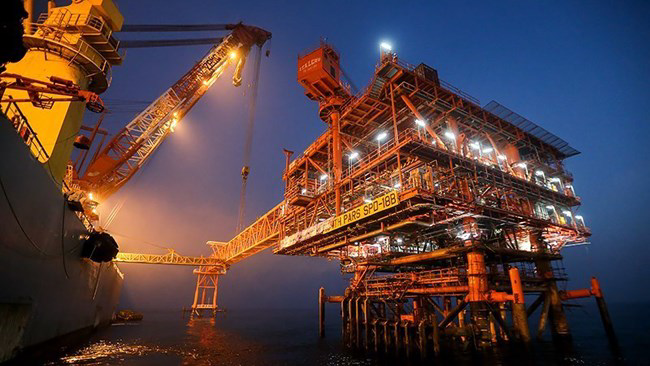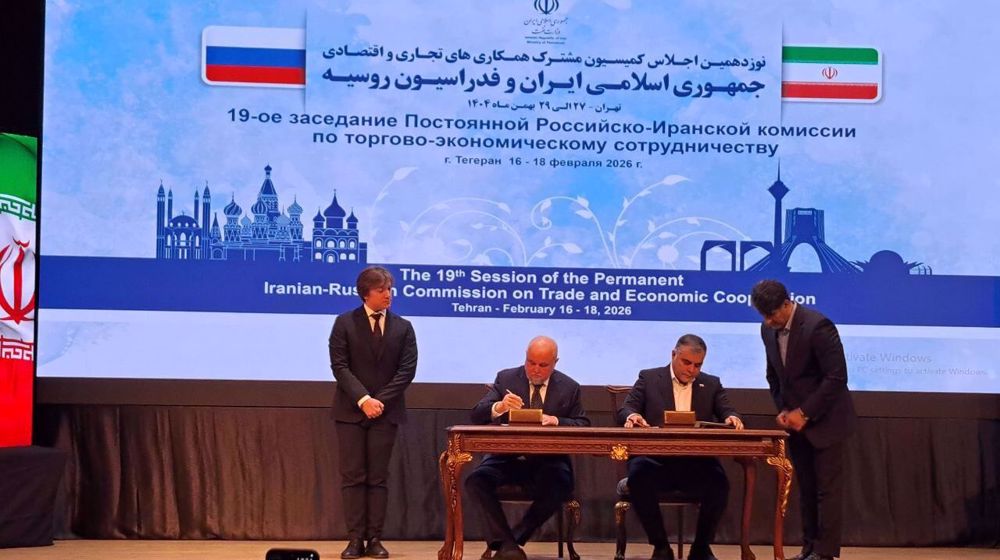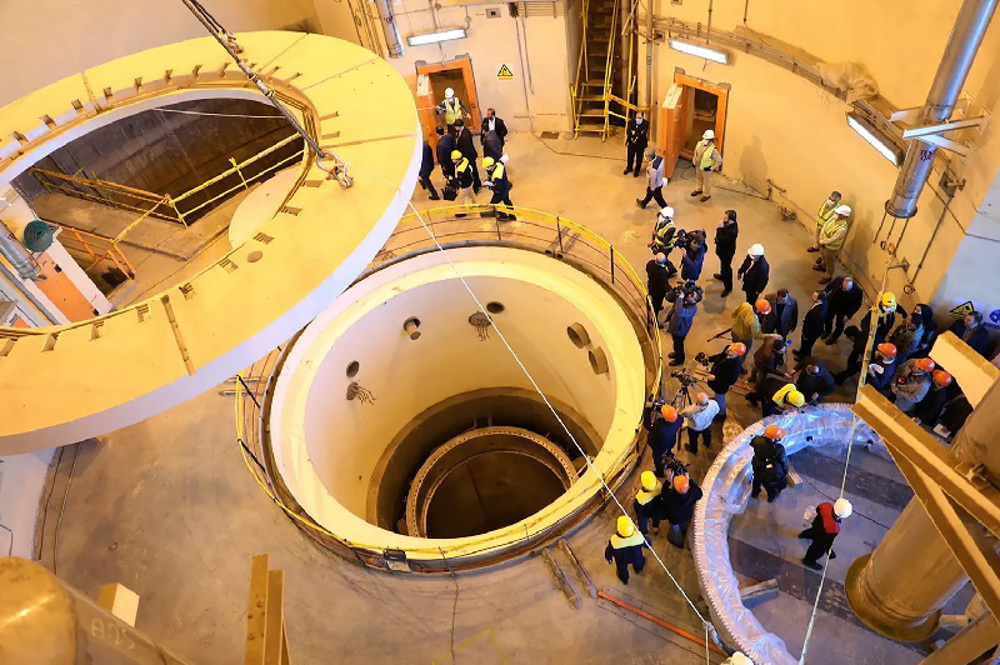Shell, Eni admit discussing Iran oil deals
Royal-Dutch Shell and Italy’s Eni have made their courting of Iran public for the first time as optimism builds up ahead of a deadline for clinching a nuclear deal with Tehran.
Executives from the two energy giants traveled to Tehran in June and May to discuss new opportunities in the resource-rich country, the companies said.
Shell also discussed $2.3 billion outstanding debt which it owes for the oil bought from Iran but not paid for, the British media quoted the company’s officials as saying.
“Should future sanctions relief make that (investment) possible, we would be interested in exploring with the government of Iran what role Shell can play in developing its energy potential,” the company reportedly said.
Eni also said its Chief Executive Claudio Descalzi flew to Tehran in May for talks with Iran’s Minister of Petroleum Bijan Zangeneh.
Descalzi discussed “the possibility of investing in Iran’s oil and gas industry again” and “reiterated Eni’s interest in Iran”, the company said.
Iran is rolling out new oil contracts for business which it says will offer better incentives to investors and energy companies.
The country plans to raise output by 500,000 barrels per day within two months and 1 million bpd after six months of sanctions being removed.

Officials say Iran will offer joint venture partnership instead of the traditional buy-back deals under which developers recouped investment and fees from production.
On Tuesday, a senior energy official said Iran’s oil industry, with an investment plan worth $200 billion, is the most attractive market for international investors.
Mehdi Hosseini, in charge of revising Iran's oil investment contracts, outlined the relative advantage of oil recovery in Iran, saying it is highly profitable even at times of price slumps.
Iran plans to outline the mechanisms of drilling, development and enhancing recovery of fields as well as renovation of oil facilities in a conference in London, which officials say, will be held soon.
The new contracts however will require energy companies to partner local firms in providing services, building pipelines and drilling fields.
By giving better incentives, Iran wants foreign companies to tie up in joint ventures with local firms and share technology and management in return.
“They will have the incentive to produce more, and to transfer the technology,” deputy head of investment and finance at the National Iranian Oil Co. Ali Kardor has said.
HB/HB
Activists announce 'Freedom and Sumud Flotilla' to challenge Gaza blockade
VIDEO | Rome residents demand end to ties with Israeli firms
VIDEO | Pakistan Senate condemns ‘hexagon of alliances’ as Indian PM visits Israel
VIDEO | Founder of French pro-Palestine NGO appears before court
VIDEO | Modi’s Israel visit sparks opposition, domestic backlash
VIDEO | Continuous war on media in occupied West Bank
Kabul rocked by explosions as Pakistan launches airstrikes
Iran Armed Forces warn US of severe consequences for any aggression










 This makes it easy to access the Press TV website
This makes it easy to access the Press TV website